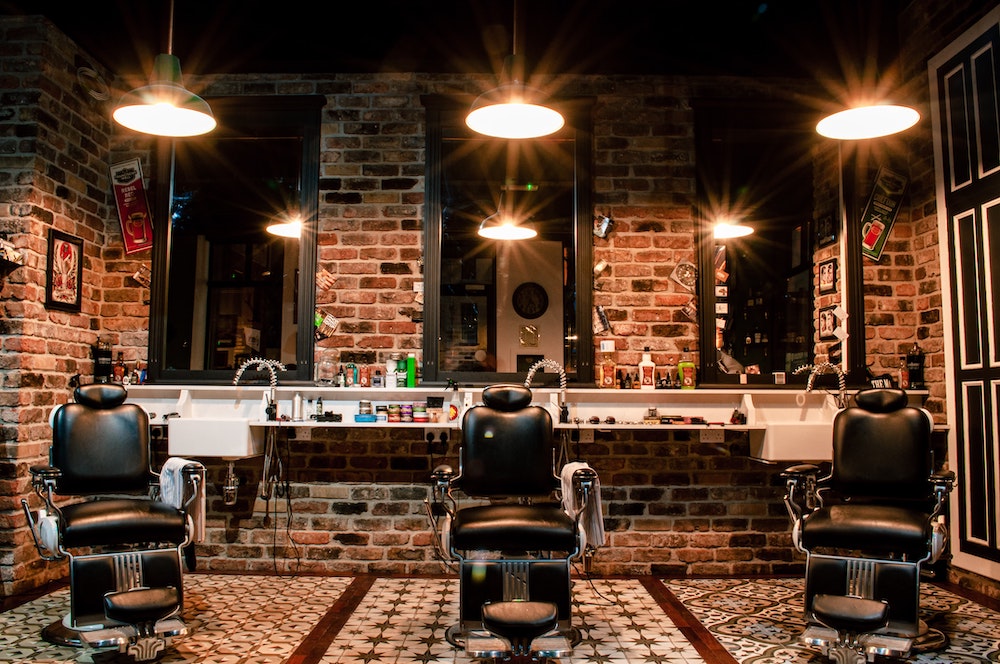Hair salons in New York City are more than just locations to get a trim; they function as crucial community centers that help define neighborhood identity and nurture relationships among locals. These businesses have a long heritage in city settings, serving as gathering spots where people from diverse backgrounds come together. In many neighborhoods, barbershops are often the first place where clients can participate in discussions about community issues, share stories, and forge relationships. This distinct role makes barbers not only talented professionals but also cultural curators who contribute to the social fabric of their communities.
The environment in a barbershop is often vibrant and inviting, creating a space where people feel comfortable expressing themselves. Barbers are known for their skill to engage with clients, often engaging in discussions that span from athletics to politics. This interaction helps to create a sense of belonging among patrons, as they discuss their stories and viewpoints. In many cases, barbershops mirror the ethnic diversity of the areas they support, showcasing different haircuts, grooming techniques, and even music that resonate with the local population. This social exchange enriches the experience for everyone involved and strengthens community ties.

Barbershops also have a key role in preserving cultural traditions. Many barbers have been trained in specific techniques that are transmitted through ages, guaranteeing that unique looks and methods are not forgotten over time. For instance, certain styles and grooming practices may be linked to cultural background, allowing individuals to express their identity through their appearance. By maintaining these customs, barbershops help to preserve cultural stories alive, providing a feeling of pride and connection for local members.
In addition to their cultural significance, barbershops often engage in community outreach and support local initiatives. Many barbers take an active role in addressing social issues, such as education and health education, by organizing events or offering resources to their patrons. This engagement shows a dedication to the health of the neighborhood and encourages a sense of duty among barbers. By using their influence to encourage positive development, barbershops become essential players in the community, further solidifying their role as cultural curators.
Overall, barbershops in New York City serve as essential spaces for cultural exchange, community development, and identity creation. They provide a distinct environment where people can connect, websites share, and celebrate their diverse backgrounds. As cultural curators, barbers not only influence the way clients show themselves but also affect the broader social dynamics. By understanding the importance of these establishments, we can appreciate the essential role they have in building connections and preserving cultural heritage in urban settings.